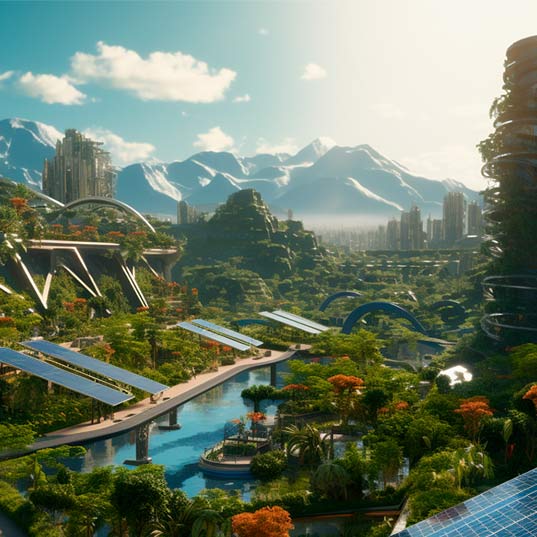What would a G20 for sustainable development look like?
Only five economic powers are among the most committed to the Sustainable Development Goals
The select group of countries which form the current G20 respond exclusively to economic and industrialization criteria. But what would happen if the make-up of this Group of 20 focused on each nation’s progress in sustainable development? Would it result in the same list of states as the one making key decisions about the world’s economic system?
First, it is necessary to know what is the G20 and its role? The G20 is a forum made up of the 19 countries with the biggest Gross Domestic Product (GDP) plus the European Union, i.e. states with a high level of industrialization, joined by a clutch of emerging economies: Argentina, Australia, Brazil, Canada, China, France, Germany, India, Indonesia, Italy, Japan, Mexico, Russia, Saudi Arabia, South Africa, South Korea, Turkey, United Kingdom and the United States. Together, the G20 represents 85% of the global economy.
At G20 meetings, normally held yearly, the countries deal mainly with matters related to security, the global financial system and industrialization. It is also usual for invited countries, like Spain, to participate every time, or for Guinea, say, or Vietnam, to attend one-off summits. Representatives of the United Nations, International Monetary Fund, World Bank and Financial Stability Forum also attend.
And if the G20 were to deal with more than just the economy?
In the same way it is argued in some circles that GDP is not the only way to measure a country’s well-being, it can also be said that economic decisions to affect the whole world should not be taken just by countries with the wealthiest economies.
If all agree that a great country is not only one with good economic performance, but also one that ensures the socio-economic well-being of its inhabitants, respects Human Rights and protects the environment… why not allow the states that encourage sustainable development, and which have shown that they know how to apply best social, economic and environmental practices, to contribute to important decision-making by the rest of the nations?
Just five G20 countries would make the ‘Sustainability G20’
If the 20 countries which performed best in sustainability in 2016 were selected for the G20, based on their fulfilment of the Sustainable Development Goals (SDGs), only five from the economic G20 make the grade: Canada, France, Germany, Japan and the United Kingdom. None of these, however, would make the Top 5 of the Sustainability G20, positions the Nordic countries and Czech Republic occupy:
- Sweden

- Denmark
- Finland
- Norway
- Czech Republic
- Germany
- Austria
- Switzerland
- Slovenia
- France
- Japan
- Belgium
- Netherlands
- Iceland
- Estonia
- United Kingdom
- Canada
- Hungary
- Ireland
- New Zealand
Fifteen of these countries, which have shown themselves to be the most committed in terms of achieving the SDGs set by the United Nations in the 2030 Agenda for Sustainable Development, have no voice at the G20 summits, except those represented as member states of the European Union.
Meanwhile, the economic superpowers that directly influence key decision-making at world level, such as the United States (42nd in the SDG fulfilment ranking), China (71st), Russia (62nd) and Saudi Arabia (101st), would be a long way off joining the Sustainability G20 since they do not fulfill the SDGs in the way that is expected of them.
Sources: SDG index, Spanish Sustainable Development Network and RPP News Peru.






